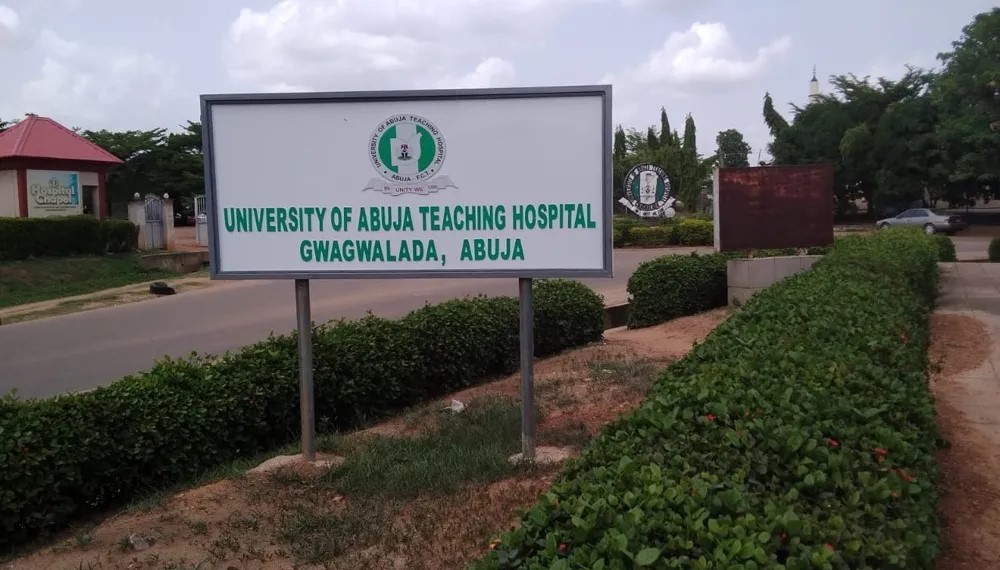
The African Development Bank (AfDB), in partnership with the International Labour Organization (ILO), has launched the Youth, Jobs and Skills Marker — a system designed to embed youth job creation and skills development into AfDB-funded projects across Africa.
The new system, which forms part of the Bank’s Ten-Year Strategy, aims to harness Africa’s youthful population by ensuring that infrastructure projects in sectors such as agriculture, energy, transport, water, and education deliberately contribute to youth employment and entrepreneurship.
“This initiative ensures young Africans are active contributors to economic growth, not just recipients of youth-focused programmes,” said Dr Beth Dunford, AfDB Vice President for Agriculture, Human and Social Development.
With up to 12 million young Africans entering the labour market annually, but only around three million formal jobs available, the AfDB is prioritising support for youth-led enterprises and market-driven skills acquisition to close the employment gap.
The Marker System is anchored on three strategic pillars. First, it will promote targeted investments in youth-led micro, small, and medium-sized enterprises across priority value chains. Second, it seeks to expand access to practical, market-relevant training and apprenticeships that align with evolving labour market demands. Third, it aims to ensure that AfDB-funded projects generate sustainable employment opportunities by embedding employability components and empowering youth entrepreneurs.
ILO Director for Multilateral Partnerships, Peter van Rooij, said the initiative supports UN Sustainable Development Goal 8 on decent work and aligns with the ILO’s mission to promote inclusive, employment-focused development.
Modelled on the AfDB’s Gender Marker System, the Youth Marker will be powered by a digital platform to track progress in real time. It will be used in country strategy papers, project reviews, and annual reports to ensure consistent focus on youth employment outcomes.
The ILO provided technical support for the system’s development, while funding came from the AfDB’s Youth Entrepreneurship and Innovation Multi Donor Trust Fund. This is the first youth-focused employment mainstreaming system of its kind introduced by a global development finance institution.












